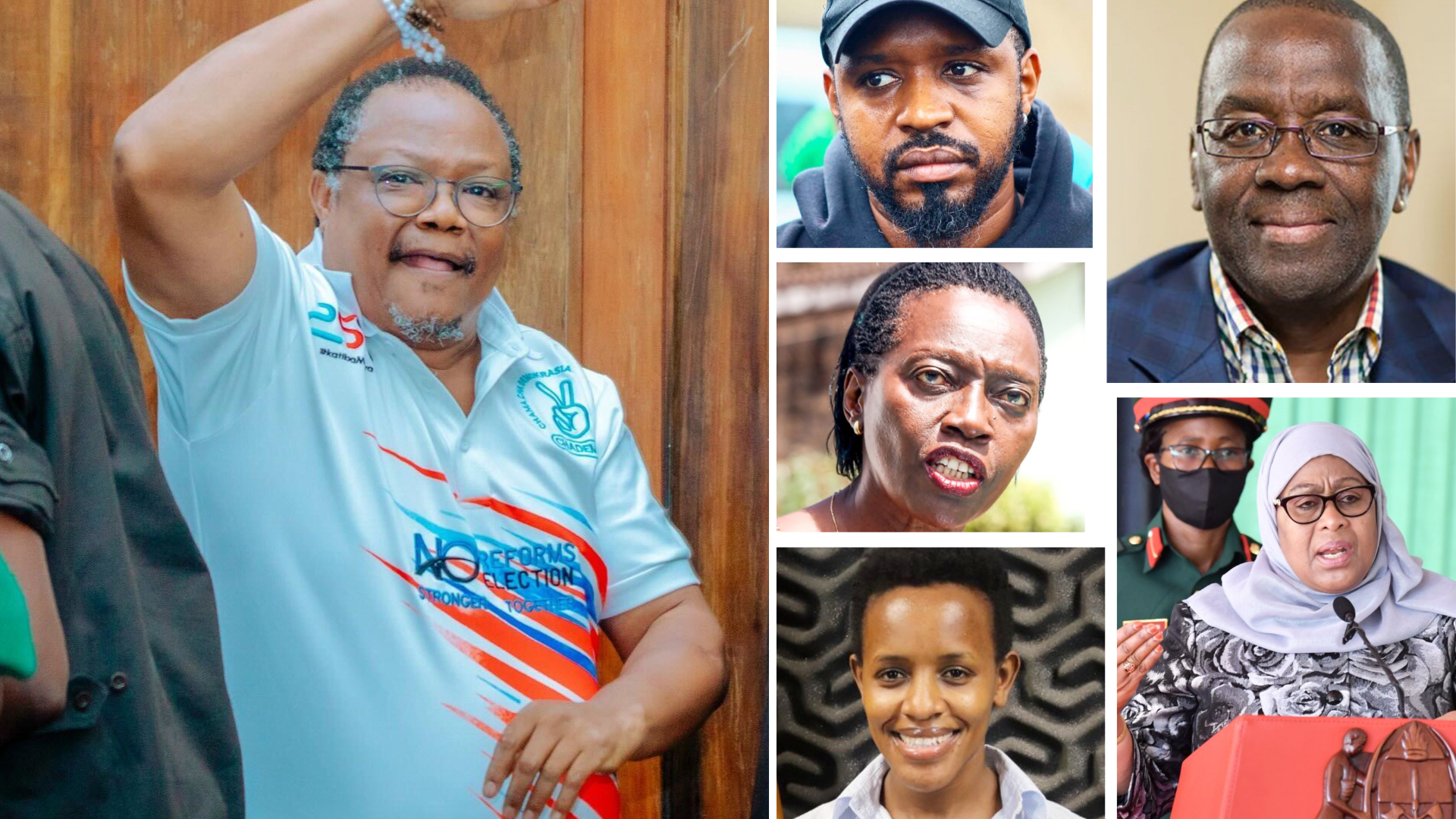The Chairman of Tanzania’s main opposition party, Chadema, Tundu Lissu, has named a list of high-profile witnesses in the treason charges he is facing in Tanzania. The list includes top government officials, security personnel, journalists, and activists, sparking international attention and concern.

Lissu’s decision to call these witnesses comes after he was arrested on April 9, 2025, in Mbinga, following a peaceful rally advocating for electoral reforms. He was subsequently charged with treason, a non-bailable offense that carries the potential death penalty. The arrest and charges have been widely condemned by human rights groups and international organizations, who see them as a blatant attempt to silence dissent and undermine democracy in Tanzania.
The witnesses named by Lissu include President Samia Suluhu Hassan, Vice President Philip Mpango, and Prime Minister Kassim Majaliwa, who may be called to testify on the government’s actions leading to Lissu’s arrest. Other key witnesses include Camilius Wambura, Tanzania’s Inspector General of police, and Ramadhani Kingai, Police Commander, who could provide insight into the security forces’ role in Lissu’s detention.
Also listed by Lissu as his witnesses are Chadema vice chairperson John Heche, the party’s Secretary General, John Mnyika, and Deputy Secretary General Amani Golugwa.
Additionally, three Kenyans and one Ugandan have been summoned by Lissu to testify in his case. They include activist Agatha Atuhaire, who was kidnapped and tortured, and Boniface Mwangi, a Kenyan activist, who may testify on the government’s human rights record and crackdown on dissent. Other notable witnesses include John Maro, Director of Jambo TV, and Martha Karua, a politician and lawyer from Kenya. Also, to stand on the witness stand is former Kenyan Chief Justice Willy Mutunga.
International Concerns
The international community has expressed grave concern over Lissu’s arrest and the charges against him. The European Parliament has adopted a resolution calling for Lissu’s immediate release and for free and fair elections in Tanzania. Amnesty International has also condemned Lissu’s arrest, stating that it is a clear attempt to silence critics and undermine democracy.
As the case against Lissu continues, the international community is watching closely, with many calling for the Tanzanian government to respect human rights, freedom of expression, and the rule of law. The outcome of this case could have significant implications for Tanzania’s democracy and human rights record.





